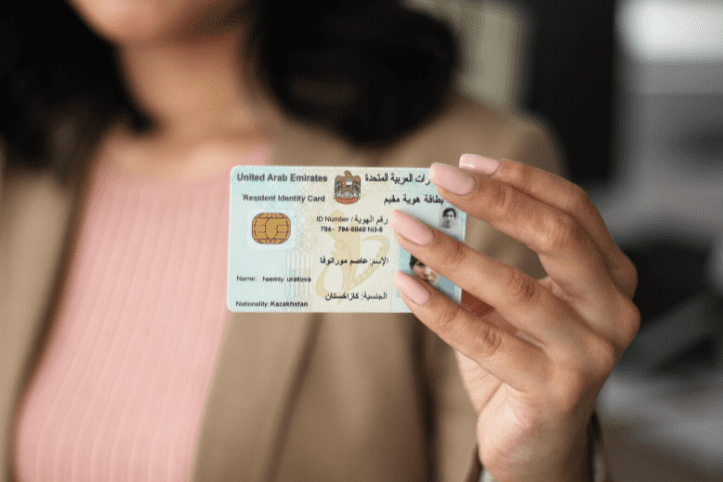Ultimate Business Owner Regulation in the UAE
Publications Written by Marsel Shadmanov

This article will overview obligations of the UBO in the UAE, and how its legislation regulates immediate beneficiaries and UBOs.
What is UBO
Briefly, it is a person, who results in receiving end profit. Here is how this term is interpreted in common sources: the ultimate beneficiary of a company is a person or several persons who directly or indirectly own the assets of a legal entity, possessing a significant influence on the decision of the board of directors. The ultimate beneficiary may not be named in the articles of association, memorandum and other corporate documents, while being the actual owner of all assets and benefiting from the organization's activities without disclosing his or her identity. The key meaning in this context is “Ultimate” beneficial owner.
Generally, the ultimate beneficial owner of a company is identified on the basis of:
- Owning shares in the company directly
- Availing direct voting rights in the company
- Availing the direct right to appoint/dismiss the directors of the company
- Owning the company indirectly, through a chain of nominee companies
- Availing decision-making or veto power, as well as the control over other participants of the company
- Making strategic decisions
- Availing an indirect ownership through a trust or other legal agreement
- Availing an indirect ownership through a nominee agreement
From a legal perspective, the definition of the UBO is broader. As mentioned above, in many cases ultimate beneficial owners are often hidden behind a chain of nominee firms and directors, which can be used for illegal purposes such as money laundering, terrorist financing and corruption. In the non-criminal sphere, such owners may conceal their identity for tax evasion purposes.
In a practical example, considering the case where owner X possesses the shares in company Y, while company Y possesses the shares in company Z. In this case, the owner X is considered to be an indirect beneficiary for assets Z.
This leads to a conclusion, that the legislation was issued mainly to fight money laundering, financing of shadow businesses, such as war zones, terrorism; to maintain transparency of a corporate environment in the UAE, and to expose penalties for owners, who are evade taxes.
UBO in the UAE
Considering the UBO in the context of the UAE, the Government, certainly, requires to know, who is the UBO of each company. The heads of legal entities are obliged to provide the state with an answer to this question. On 28 August 2020, the UAE Cabinet issued the Resolution № 58 of 2020, stating the legislation for the ultimate beneficiary procedures (known as UBO Regulations).
The regulation is aimed to reveal nominal owners and maintain the transparency of the corporate world. It imposes an obligation for the companies in the UAE to submit the information regarding the UBO to local authorities. Thus, returning to the question at the very beginning of the article, it is the duty of the beneficiary to provide full and truthful information regarding his identity. For intending to remain undisclosed, the UAE imposes hefty fines.
The fines might reach up to AED 100,000.
Which companies are obliged to submit the UBO information to authorities?
Companies in offshore, onshore, excluding companies in the Abu Dhabi Global Markets (ADGM) and Dubai International Financial Centre (DIFC), due to the presence of their own framework regarding UBOs. Thus, starting from July 2021, as per the Resolution № 53 of 2021 regarding Administrative Penalties Against Violating, the penalties will apply for companies, failing to submit the information.
The procedure for submitting documents for the UBO is regulated by the particular jurisdiction where a company is registered. Each jurisdiction/Free Zone determines the requirements and procedure for filing documents, usually declaration of the UBO is processed on the portal of the company that is provided to the owners of such company. Moreover, a physical visit to the institutions is not necessary. In addition, some Free Zones do not require resubmission, it all depends on the approach of the authorities.
If you would like advice, or assistance with UBO registration of your business, please contact us.
Marsel Shadmanov
Head of Corporate Services at Garant Business Consultancy DMCC
Phone +971 4 421 4335
Email info@garant.ae

